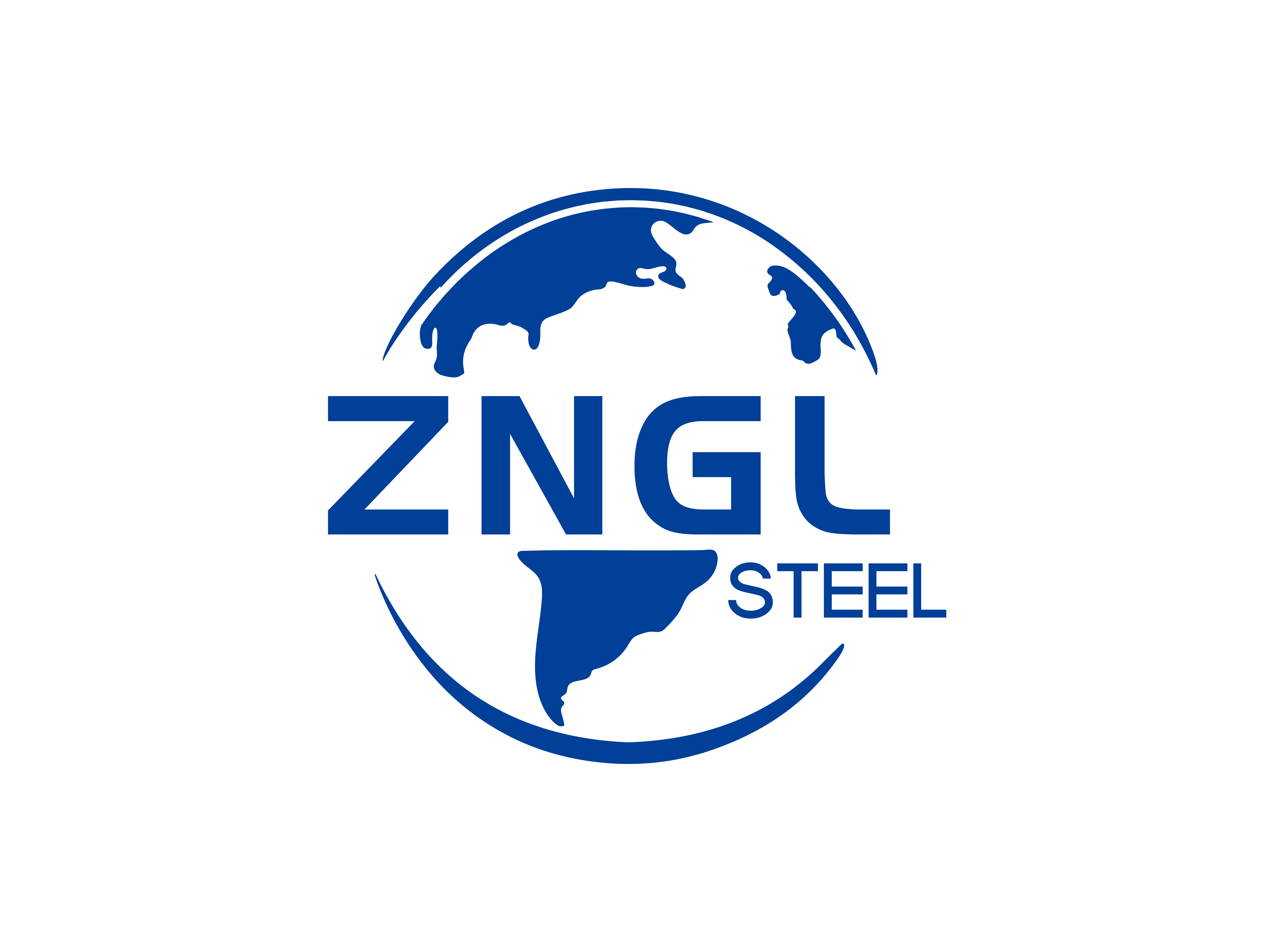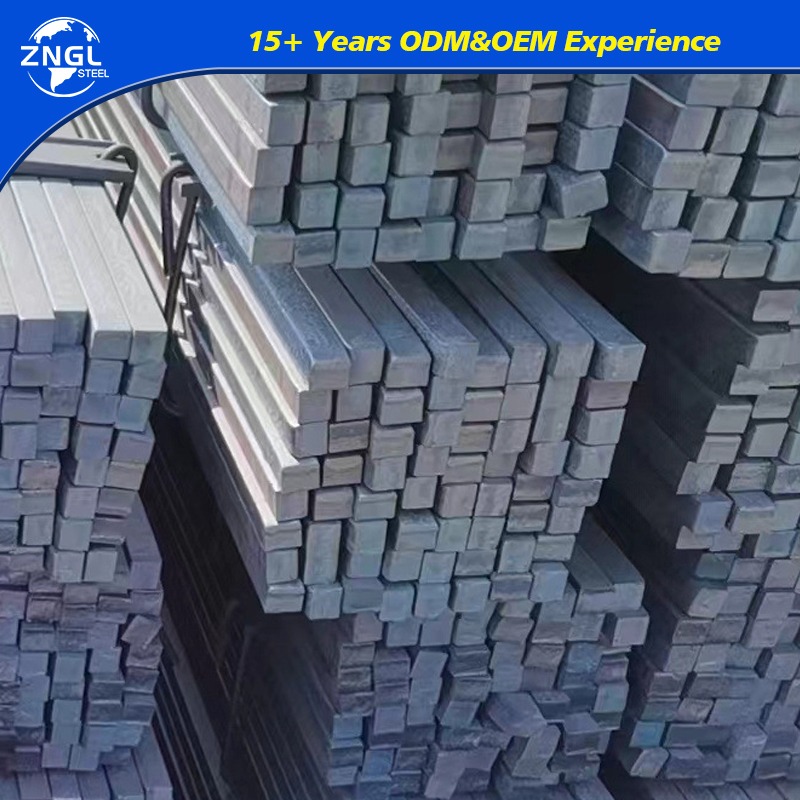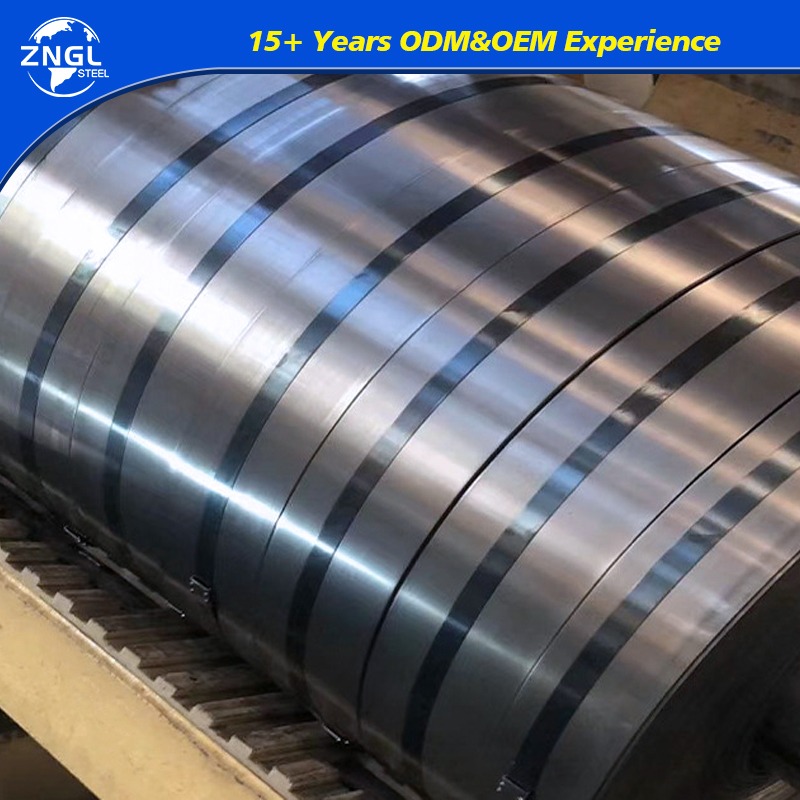
Carbon Steel: An Indispensable Material in Modern Industry
Carbon steel is a critical material in numerous industries due to its versatility, strength, and cost-effectiveness. This blog post will delve into the unique properties and diverse applications of carbon steel, providing valuable insights for professionals and enthusiasts alike.
What is Carbon Steel?
Carbon steel is an alloy composed primarily of iron and carbon, with the carbon content varying between 0.05% and 2.0% by weight. The specific properties of carbon steel depend on the carbon content, as well as the presence of other elements such as manganese, silicon, and copper.
Types of Carbon Steel
- Low Carbon Steel: Also known as mild steel, it contains less than 0.3% carbon and is known for its ductility and malleability. It is commonly used in construction, automotive parts, and pipelines.
- Medium Carbon Steel: With a carbon content between 0.3% and 0.6%, this type offers a balance of strength and ductility. It is often used in the manufacturing of machinery, axles, and high-strength structural components.
- High Carbon Steel: Containing between 0.6% and 1.0% carbon, high carbon steel is extremely strong and hard. It is used in cutting tools, blades, springs, and high-strength wires.
Applications of Carbon Steel
Carbon steel’s versatility makes it suitable for a wide range of applications across various industries:
- Construction: Carbon steel is extensively used in the construction industry for structural beams, reinforcing bars, and other load-bearing components due to its strength and durability.
- Automotive: In the automotive industry, carbon steel is used for body panels, frames, and other critical components because of its excellent strength-to-weight ratio.
- Manufacturing: Carbon steel is a preferred material in the manufacturing of tools, machinery, and equipment due to its hardness and wear resistance.
- Piping and Tubing: Carbon steel pipes and tubes are widely used in industrial applications for transporting fluids and gases due to their robustness and resistance to high pressures.
Advantages of Using Carbon Steel
- Cost-Effective: Carbon steel is relatively inexpensive compared to other steel alloys, making it an economical choice for many applications.
- Strength and Durability: The high strength and durability of carbon steel make it ideal for heavy-duty applications.
- Versatility: The ability to adjust carbon content allows for the production of carbon steel with specific properties tailored to various needs.
Conclusion
Carbon steel is an indispensable material in modern industry, offering a unique combination of strength, versatility, and cost-effectiveness. Understanding the different types of carbon steel and their applications can help professionals make informed decisions when selecting materials for their projects. Whether in construction, automotive, manufacturing, or piping, carbon steel continues to play a crucial role in advancing industrial capabilities.






